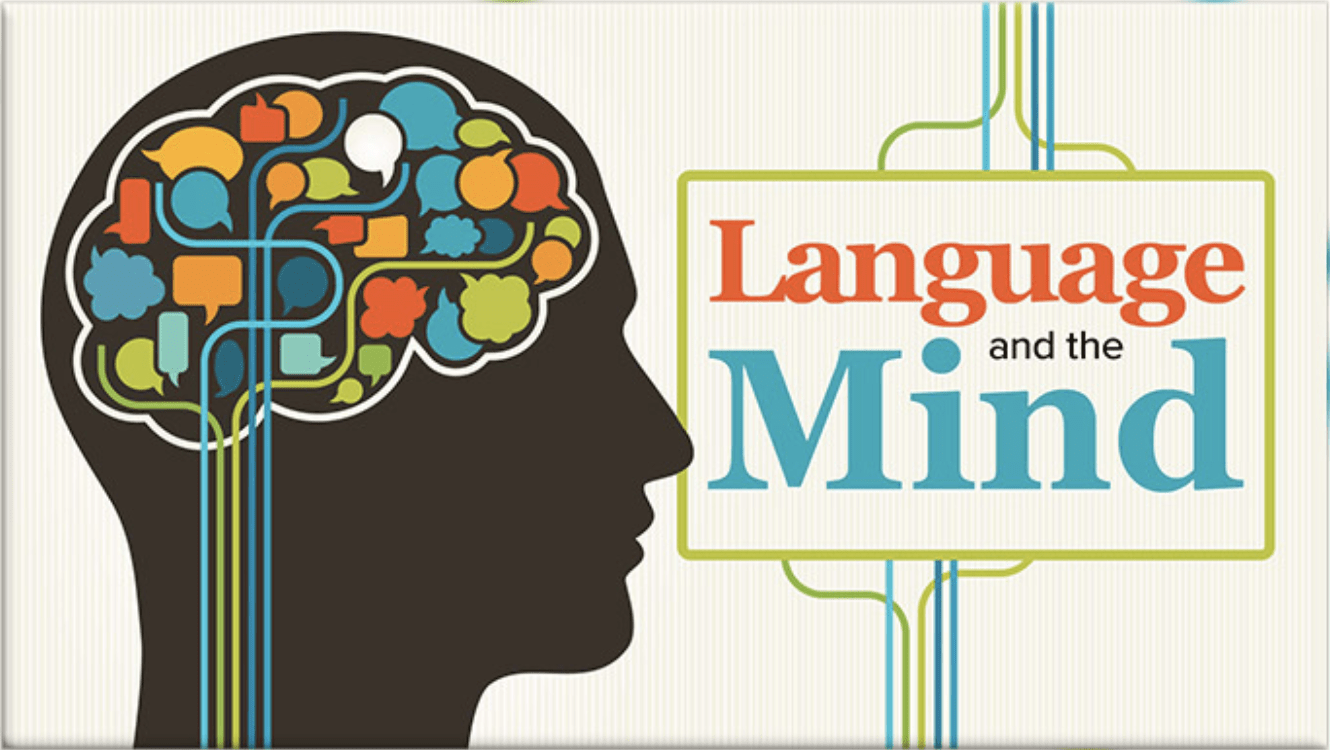
Spencer Kelly
Department/Office Information
Psychological and Brain Sciences, Linguistics, Neuroscience- M 12:15pm - 1:30pm (113 Olin Hall)
- T 9:30am - 11:15am (113 Olin Hall)
- R 10:00am - 11:00am (113 Olin Hall)
Contact
What role does the body play with language? My research investigates this question from different perspectives using different methods, but it is built on a single theoretical framework. Working from the position that language is an embodied ability that evolved from bodily communication systems (gestures, facial expressions, eye gaze, etc.) in our evolutionary past, my work investigates how language interacts with the body in present-day communication.
I focus primarily on hand gestures that spontaneously accompany speech. These gestures are interesting because they occur simultaneously with speech but reflect meaning in a distinct way from words. For background on co-speech gestures, here is a brief entry in MIT's Open Encyclopedia of Cognitive Science.
For example, the form and movement of different drinking gestures—a gentle movement with a small precision grasp depicts sipping from a sake cup whereas a more abrupt movement with a closed fist depicts drinking from a large beer mug—capture the meaning of these two actions in a direct and non-arbitrary way. In contrast, spoken words reflect meaning only indirectly and arbitrarily through the particular conventions of a language. For example, the words, “nomu” in Japanese, and, “drink” in English, are utterly unrelated to the actual act of imbibing. This difference is exactly why co-speech gesture is so interesting—it offers a direct visual complement to the conventional symbols of a language, and when combined with those symbols, provides a more complete “picture” of what a speaker means.
My research on the relationship between speech and gesture spans social, psychological, and neural levels. On the social and psychological levels, I use behavioral methods to demonstrate that gestures influence how children and adults comprehend language in different social contexts, and how they think during the explanation of difficult concepts. On the neural level, I use event-related potentials (ERPs) to show that gestures influence speech at multiple stages of language comprehension. See below for PDFs on these different topics.
For more on my work and the work of my collaborators, please visit my Google Scholar page, and you can find me on Twitter at @sdk_lab. If you are interested in learning more about the world of gesture, you can visit the webpage for the International Society for Gesture Studies (ISGS).
